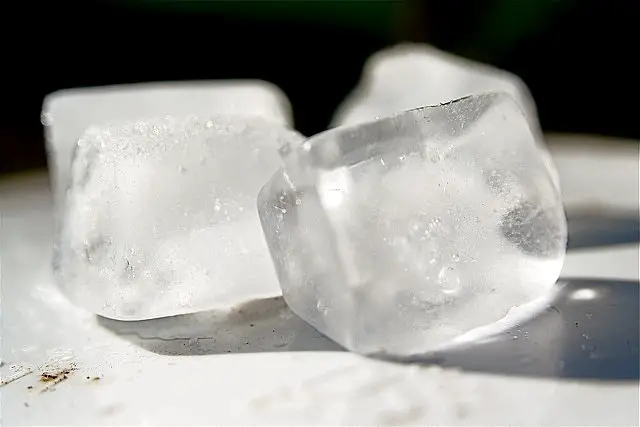Why and How To Freeze Your Cottage Cheese
Cottage cheese, like other dairy products, is a great source of protein and other nutrients. It is also an easy, tasty snack that is enjoyed by many people and their families, especially children. When it goes on sale at the grocery store, you might be tempted to buy more than you can eat before the date stamped on the package, or maybe one package is too much for your household to finish quickly. If you find that you have a surplus of cottage cheese, freezing it for later use before it begins to resemble a science project might seem like your only choice. While thawed cottage cheese is almost certain to lose quality, it will still be safe to eat.
For the best results when freezing your cottage cheese, as much air as possible should be excluded from the package. If you have half a container left, don’t put it straight into the freezer! Instead, place it into a smaller, freezer-proof container or a freezer bag with the air squeezed out of it. This will prevent ice crystals from forming. Some people also find that cottage cheese with a higher fat content does better in the freezer, so if you have low-fat cottage cheese you might find that it deteriorates more quickly.
Most experts recommend freezing dairy for no longer than six months. Storing it longer than this will further reduce the quality when it is thawed. The longer you are storing it, the more important it is to store it in an airtight container with as much air removed as possible. When you are ready to thaw your cottage cheese, place it in the refrigerator instead of on the counter to prevent bacteria growth. A small container moved to the fridge should be ready to use in about twenty-four hours.
How Freezing Affects Cottage Cheese
While no type of dairy is an excellent candidate for freezing, cottage cheese does worse in the freezer than harder cheeses like cheddar. When foods freeze, the water inside them turns into ice. The ice crystals’ sharp edges can tear through the cellular structure of the foods, causing them to lose quality and, in some cases, dry out. This loss of moisture is known as “freezer burn”. Because of the high moisture content in cottage cheese, it will become icy and the thawed product may become mushy or rubbery in texture. It may also lose flavor.
When you freeze cottage cheese, it will not likely be suitable for fresh eating once it is thawed. You may find that the liquid has separated, and a quick stir restores it to a “good-enough” state, but it is more likely to have a strange texture that is not palatable for fresh eating. You can try adding a little salt to cottage cheese that has lost flavor to improve the taste.
[the_ad id=”3667″]
Ideas for Using Thawed Cottage Cheese
However, if you do freeze your cottage cheese, you can still use it when you remove it from the freezer. Any recipes which require the cottage cheese to be cooked should be suitable for using your thawed cottage cheese since the cooking process will make the changes to texture less noticeable.
Some types of quick bread, such as muffins or loaves, may include cottage cheese. Try a cornbread recipe with cottage cheese in it! Some pasta dishes incorporate cottage cheese, such as lasagna or manicotti. The change in texture will probably be unnoticeable in the final product because these are baked.
Other ideas for using your cottage cheese include adding it to scrambled eggs or quiche. Many cheesecake recipes include it, and it can be added to tomato sauces or mashed potatoes for extra creaminess. And adding it to your macaroni and cheese recipe can reduce the need for higher-fat ingredients.
If you find yourself with a surplus of cottage cheese in your fridge for any reason, the best choice is still to eat it fresh. Add fruit and drizzle honey over it for a delicious snack! But when you have run out of options, freezing it is an entirely safe option to save it for later. You should be prepared to use the thawed product for cooking, as the quality is unlikely to be good enough for fresh eating.
See also are articles on freezing cheese, freezing sour cream, freezing yogurt and freezing cream cheese.

